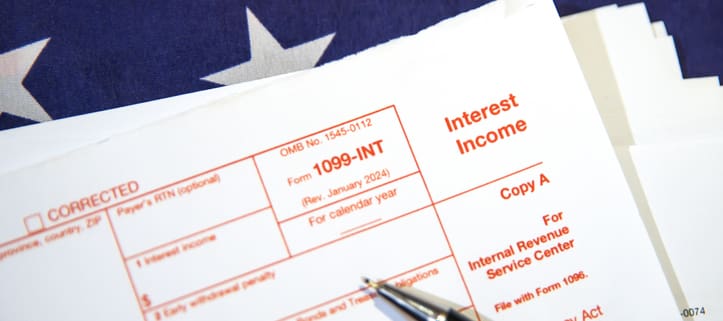Don’t File Your 1099s Before Reading This
The 2024 1099 filing deadline is January 31, 2025. Preparing and submitting these forms accurately is not just about compliance—it’s about safeguarding your business from significant penalties and potential audits. Understanding who needs to file, what transactions are reportable, and the common pitfalls can help you stay on track.
Why Filing 1099s is Important
Filing 1099s is a regulatory requirement that protects your business in case of audits. Failure to file can lead to serious consequences:
- Expense Disallowance: During an audit, the IRS or State of California could disallow business expenses linked to payments that should have been reported on a 1099. This could inflate your taxable income significantly.
- Federal Penalties: The IRS can impose a penalty of 27% on gross payments if 1099 forms were not filed as required.
- State Reclassification Risks: California’s Employment Development Department (EDD) may reclassify independent contractors as employees, resulting in retroactive payroll taxes, penalties, and interest that could span up to three years.
Who Needs a 1099?
A 1099 is typically required for any payments over $600 made to individuals or entities providing services. Key scenarios include:
- Service Providers: Payments for services such as marketing, consulting, or design work must be reported.
- Rental Payments: If rent was paid to an LLC that isn’t a corporation, a 1099 is required.
- Goods and Services: Payments that involve a combination of goods and services, such as manufacturing or modifications, may also require reporting.
Who is Exempt from 1099 Filing?
Some payments are exempt from 1099 reporting, including:
- Small Payments: Transactions under $600 in total for the calendar year.
- Credit Card Payments: If you paid using a credit card, the recipient will receive a 1099-K from their merchant processor, so you don’t need to file a 1099 for these payments.
- Payments Solely for Goods: Transactions that only involve goods, with no service component, are not reportable.
Preparing Your 1099s
To ensure accurate 1099 filing, follow these steps:
- Review Payment Records: Examine bank statements, checks, and electronic payments to identify all transactions exceeding $600.
- Verify Recipient Information: Collect Form W-9 from each recipient to confirm details like name, Social Security Number (SSN), or Employer Identification Number (EIN).
- Classify Payments Correctly: Determine whether to report payments under the individual’s name and SSN or the business name and EIN.
- Summarize Transactions: Organize all payments by recipient to ensure accurate reporting on the 1099 forms.
Common Pitfalls to Avoid
- Misclassification of Workers: Independent contractors who lack the characteristics of a business—such as other clients, a website, or an EIN—may be reclassified as employees by the IRS or EDD. This reclassification can lead to substantial payroll tax penalties.
- Incomplete Information: Filing forms with errors, such as incorrect dollar amounts or mismatched EINs, can result in penalties or rejections.
- Electronic Filing Requirement: Businesses filing 10 or more 1099s must do so electronically. Filing paper forms when exceeding this threshold can result in additional penalties.
Special Considerations in California
California takes an aggressive approach to auditing companies that file 1099s for independent contractors. If a contractor lacks evidence of operating as an independent business—such as multiple clients, a business license, or professional liability insurance—they may be reclassified as an employee.
For example, a part-time marketing consultant who only works for your business and lacks other clients or business assets could be deemed an employee. If the EDD audits your business, they can retroactively assess payroll taxes, penalties, and interest for up to 12 quarters (three years).
The Risks of Non-Compliance
Non-compliance with 1099 filing requirements can have a ripple effect on your business finances. If audited, the reclassification of contractors and the disallowance of expenses can lead to:
- Increased taxable income due to disallowed deductions.
- Payroll taxes on reclassified employees.
- Interest and penalties that compound over multiple years.
Tips for Accurate Filing
- Leverage Software: Consider using accounting software to track payments and generate 1099s.
- Hire a Tax Professional: Consulting a tax attorney or CPA can ensure compliance and accuracy.
- Plan Ahead: Collect necessary information from contractors throughout the year to avoid last-minute scrambling.
Final Thoughts
The January 31, 2025, deadline for 2024 1099 filings is an important date for businesses. Accurate preparation and filing protect your business from unnecessary penalties and audits. Taking the time to classify workers correctly, organize payment records, and file electronically when required will save you time, money, and potential legal troubles.
For more expert advice, contact Milikowsky Tax Law and ensure your 1099s are filed correctly.



